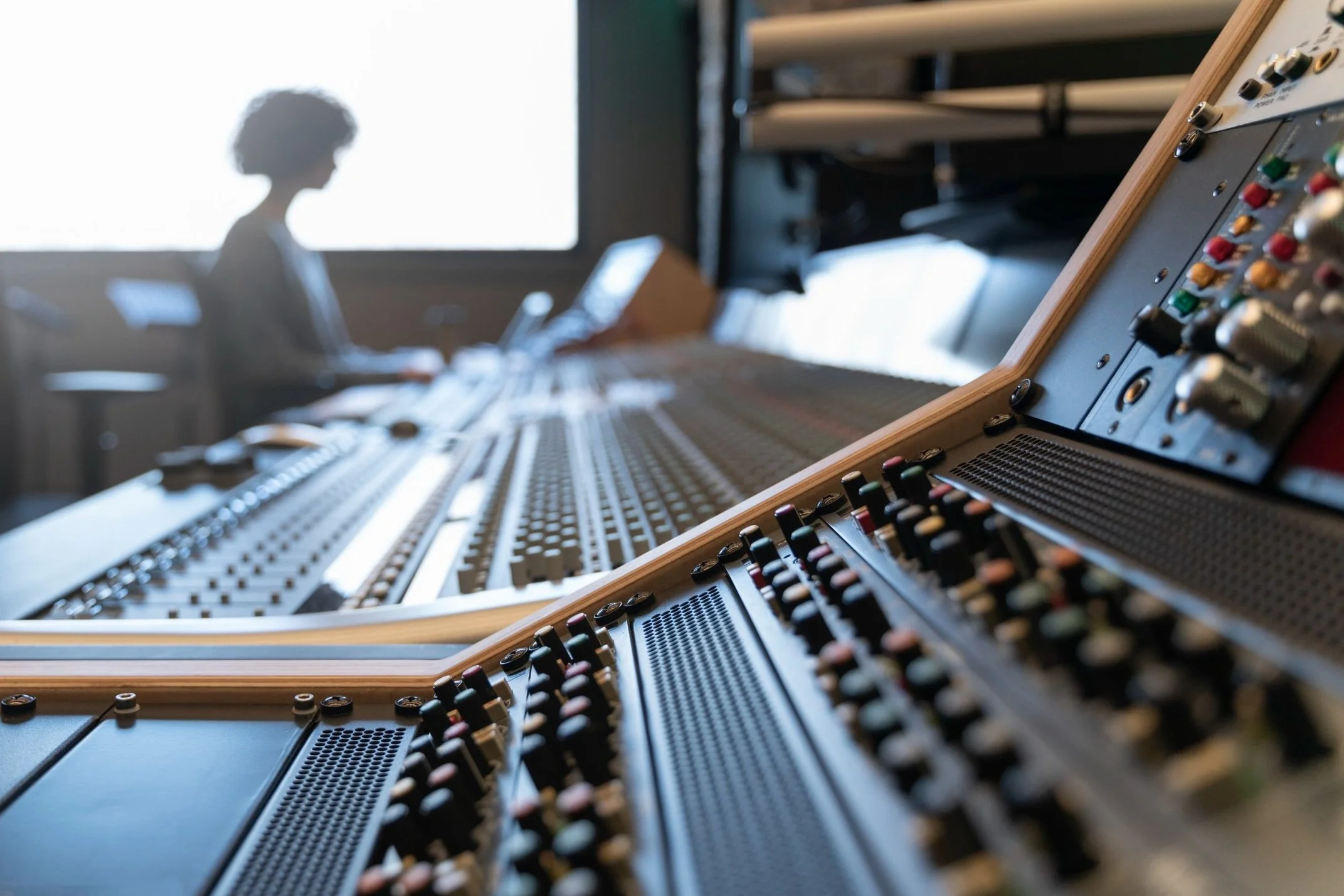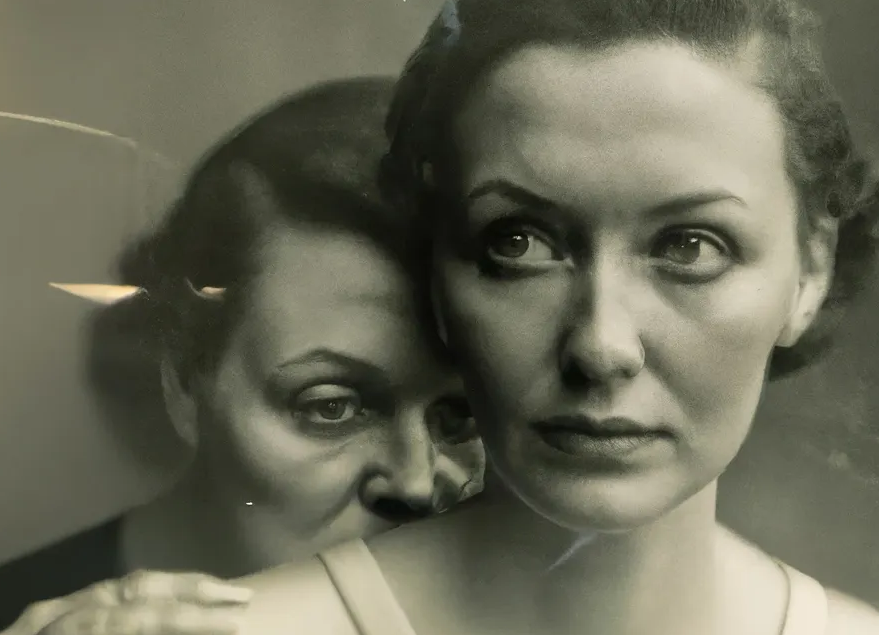
Creativity and AI
Discover what’s happening in Scotland & beyond.
The rise in use of AI technologies to generate music, images and speech has led to one of the biggest conversations around AI being its impact on creativity and the creative arts.
Is AI-generated art, art?
Do AI technologies help or hinder creativity?
How can creatives navigate this technological change?
Discover what people think, and share your own views here.
The Conversation
-
"I think of it as a way to enable artists to expand their creativity and productivity as well. You can think of it as a productivity tool."
Ahmed Elgammal
-
"The interests of developers who use copyrighted materials for ingestion by AI systems must not be prioritised over the rights and interests of creators..."
The Copyright Alliance
-
"“The major upside of AI is that it democratizes creativity”
Matthew Hutson
-
“My fear is that our industry will be diminished to such a point that very few of us can make a living.”
Karla Ortiz
-
“ Instead of a replacement for human expertise, we should see it as a tool of advancement to be used alongside humans to improve the quality of their work.”
Pearl Lam
-
"As is often the case, the hype around these tools as disruptive forces outstrips the reality. In fact, art history shows us that technology has rarely directly displaced humans from work they wanted to do."
Chloe Preece / Hafize Çelik
Some creatives & artists use AI tools to improve and explore their creative practice, viewing AI tools as another medium with which to create.
Historically, artists have responded to new technologies by adopting them in wonderful and innovative ways.
Generative AI tools rely on being trained on the work of people who often haven’t consented to their work being used to train the AI technology.
When using Generative AI tools to create images and music, there are still unanswered questions around where the ownership and copyright sit.
Using AI tools to be creative can make being artistic more accessible to people who experience barriers to showing their creativity.
It isn’t always easy or free to use AI technologies to be creative, so ensuring that people have the training and skills to take advantage of them is important for adoption.
Generative AI is now being used to perform tasks that used to be undertaken by a human worker, shifting the creative industries labour market and creating job displacement.
What’s happening in Scotland?
Creative Informatics
The Creative Informatics programme ran for 5 years until June 2024, bringing together the creative industries and the tech sector in Edinburgh & South East Scotland.
Recent economic analysis has estimated that the programme resulted in a Gross Value Added (GVA) to the region of £78.5m.
The programme ended with the release of their White Paper ‘The Future of Creativity & AI’, with recommendations for decision-makers on how to best leverage AI within the creative industries:
Follow the link to the left to read the full report & recommendations.
Creative AI Forum
The Scottish AI Alliance & Creative Informatics partnered to host an event in Glasgow in June 2024 to celebrate the work of Creative Informatics’ Creative AI Demonstrators.
Attendees enjoyed talks and performances from the artists, while also continuing the conversations started within the Creative Informatics programme around what needs to be put in place for the intersection of creativity & AI to be grounded in trust, ethics and inclusion.
You can learn more about this event by reading our blog.
What’s happening across the world?
Strikes in the USA
Some of the biggest news stories around AI and the creative industries at the start of the 2020s have been covering the labour disputes within Hollywood.
Both The Writer’s Guild of America and the Screen Actor’s Guild - American Federation of Television & Radio Artists both went on strike, with issues around the use of Generative AI technologies within the industry being important within the discussions.
After winning agreements for AI technologies to be used as tools within the industry, rather than replacing workers, the disputes have ended.
Winning Photography Prizes
German photographer caused controversy by submitting an AI-generated image he had created for a photography competition, and winning.
The photographer, Boris Eldagsen, sees AI technologies as being advantageous to creativity, ““I don’t see it as a threat to creativity. For me, it really is setting me free. All the boundaries I had in the past – material boundaries, budgets – no longer matter.”
Movements for Fairer Practices
While a lot of the bigger companies who have created Generative AI models do not get the consent from the creators of the training data, there are movements to improve this relationship and make Generative AI technologies more ethical.
In the United States, a non-profit organisation Fairly Trained has created a certification process to ensure that people can know whether the AI model they are using treated the creators of the training data fairly.
What do you think?
You can add your voice to the conversation by letting us know what you think.
Are there issues you think should be discussed more, or do you want to tell us how AI technologies have impacted your creativity? Tell us!
Or are you a creative or a researcher working in this field and would like you your work featured? Let us know!
What you share here may be featured anonymously on our website and social media, with the data shared being treated in accordance to our Privacy Policy.













